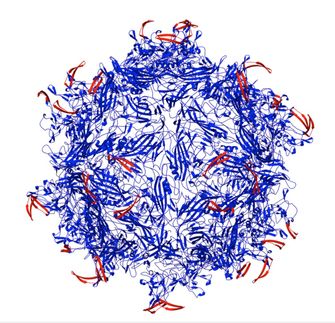Medicines Company receives European approval for Angiox for use in heart attack patients
Advertisement
The Medicines Company announced that it has received European approval for the use of Angiox® (bivalirudin) as an anticoagulant in patients with heart attacks (so-called ST-segment elevation myocardial infarction (STEMI)) undergoing emergency heart procedures called primary percutaneous coronary intervention (PCI).
The Commission Decision extends the current EU licence for Angiox® and is applicable to all Member States of the European Union/European Economic Area. A positive CHMP opinion to include this new patient population was announced by the Company on October 23rd. Launch of Angiox® in the new indication is planned for January 2010.
“We are grateful to the European Commission and the EMEA for this expeditious approval for Angiox® in primary PCI for STEMI," stated Clive Meanwell, M.D., PhD, Chief Executive Officer of The Medicines Company. “The need for this drug is significant: 150’000 primary PCIs are performed in Europe every year and appropriate cost-effective therapies like Angiox are increasingly important.”
This approval was based on the landmark HORIZONS-AMI study which was the first drug trial to demonstrate a reduction in deaths from heart attacks in patients undergoing emergency PCI. The trial showed that patients treated with Angiox® compared with today’s leading treatment - heparin plus a platelet glycoprotein IIb/IIIa inhibitor (GPI) – were more likely to survive and had less frequent severe bleeds.
Professor Christian Hamm, Director of the Department of Cardiology and Medical Director, Kerckhoff Heart and Thorax Center, Bad Nauheim, Germany commented that: “The HORIZONS trial is the most recent demonstration of the efficacy of bivalirudin and shows a remarkable reduction of mortality in patients with STEMI undergoing primary PCI. The robustness of these findings from this trial is impressive and reflects a landmark in the treatment of these high risk patients in Europe."




















































